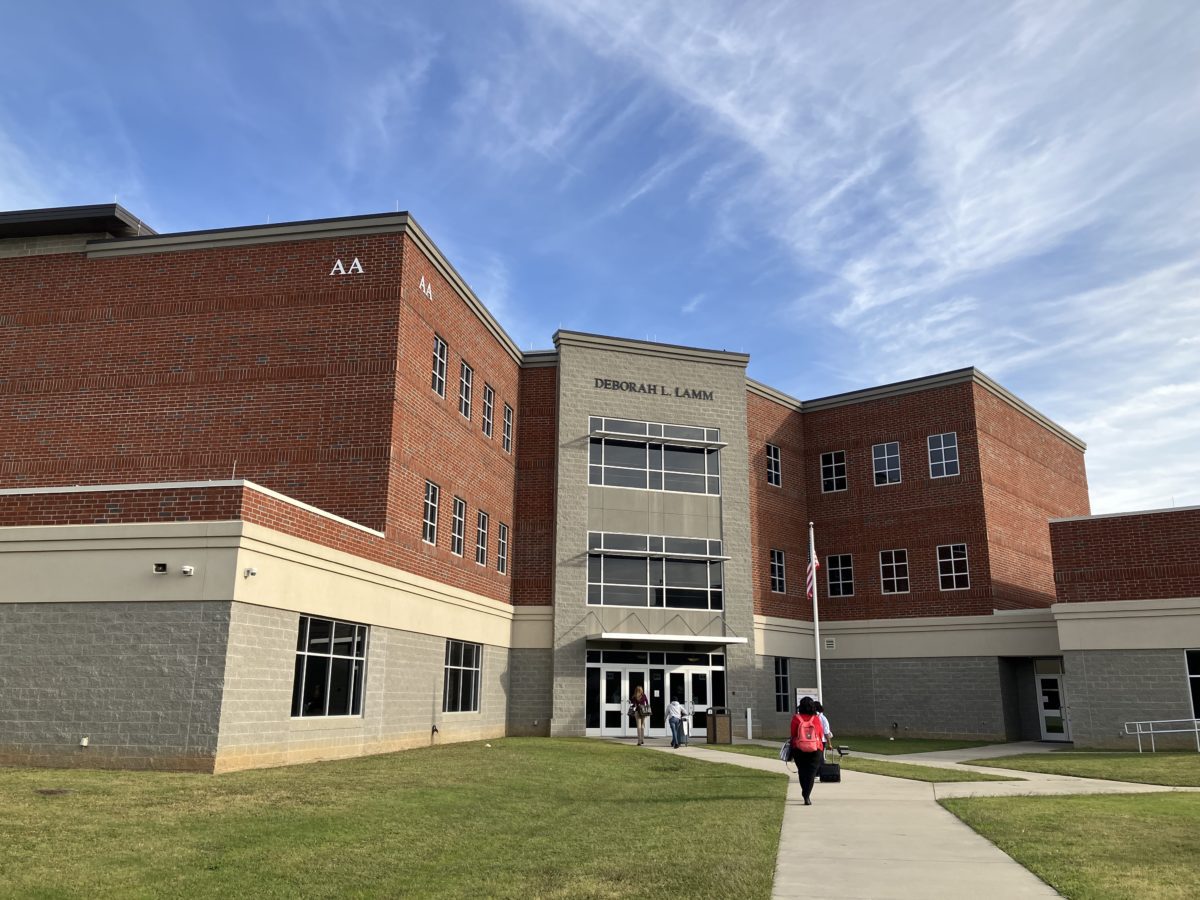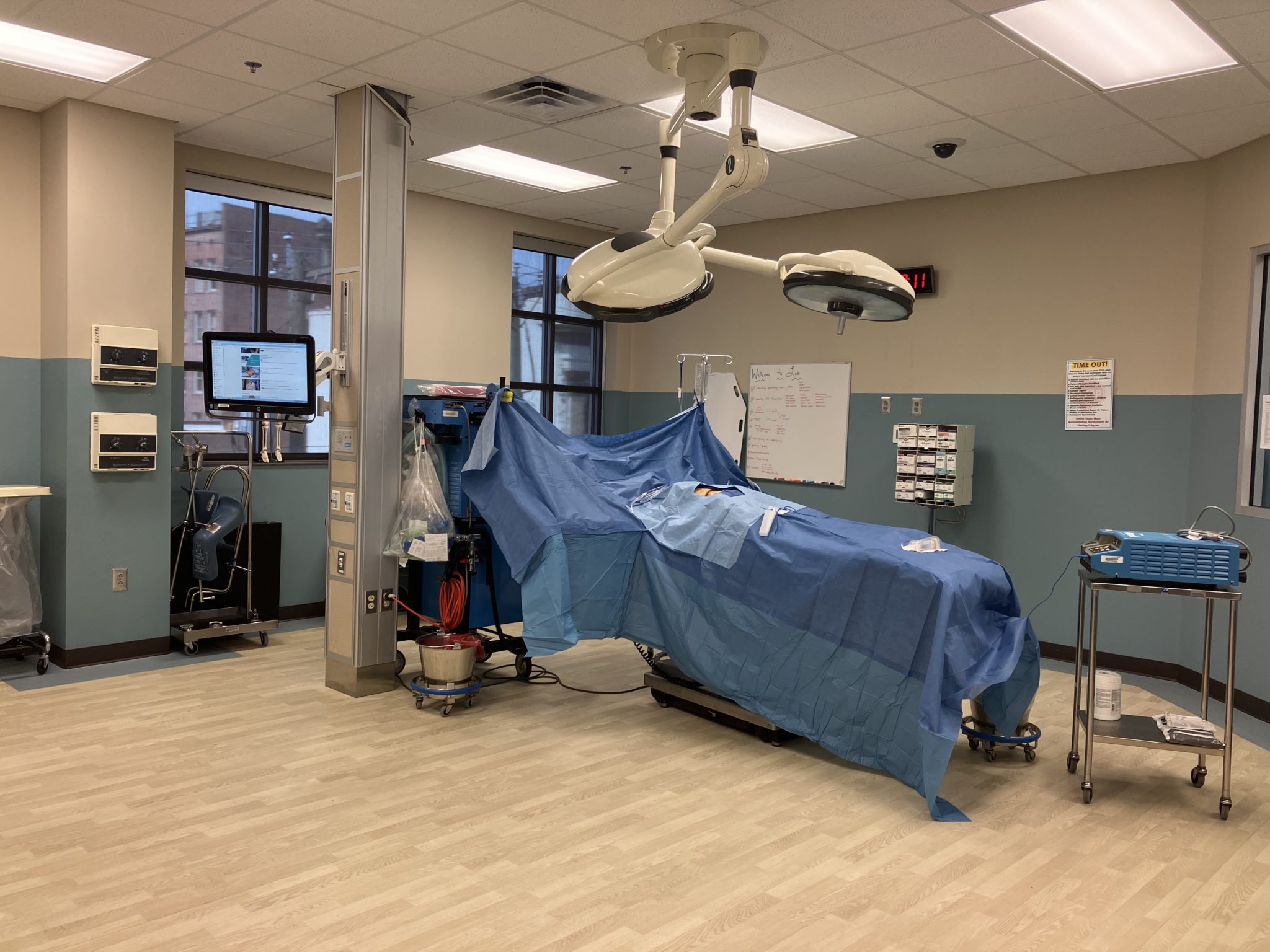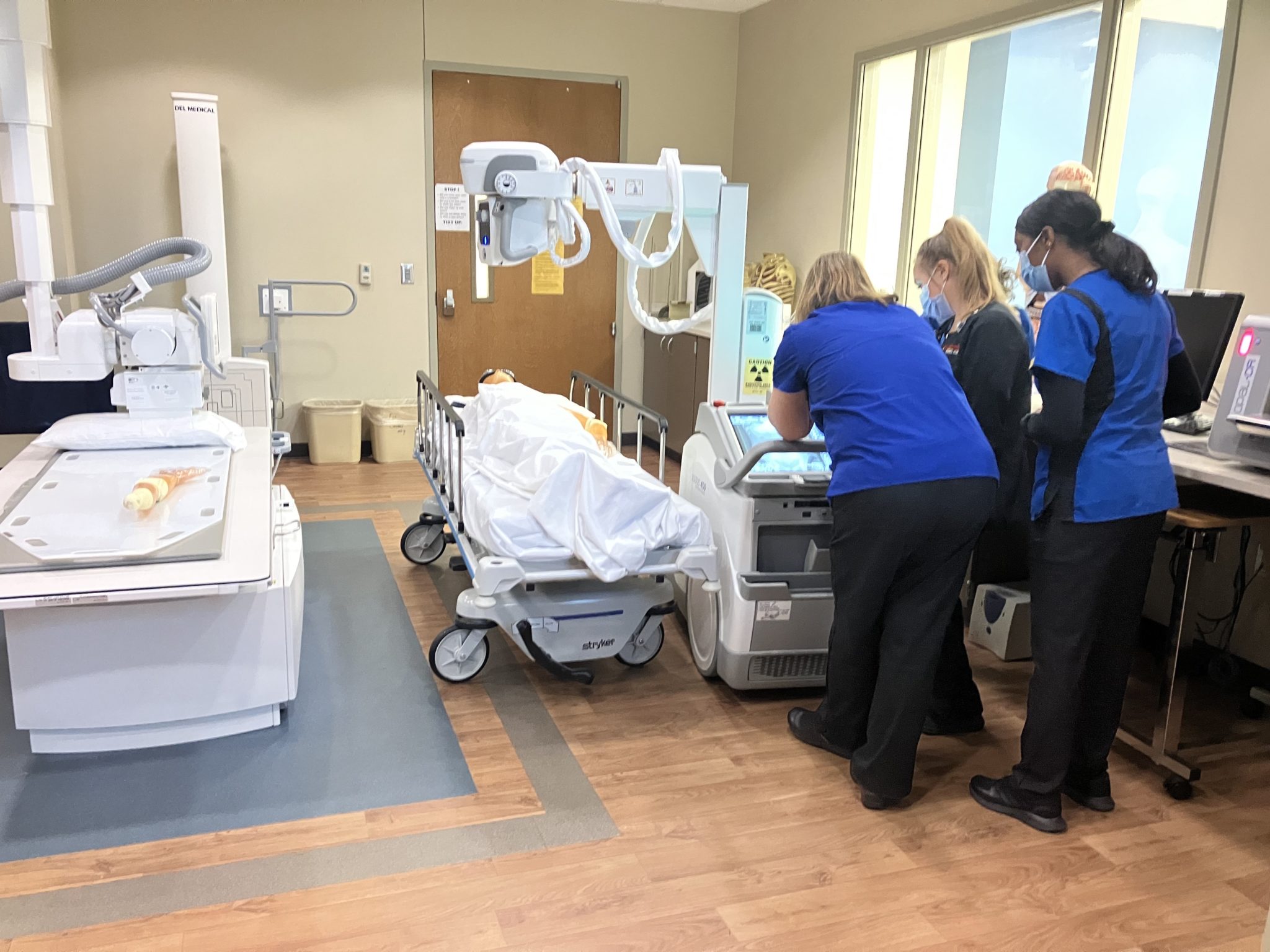

|
|
North Carolina has long been recognized for the reach of its community college system: 58 colleges spread across the state with the goal of having a community college within a 30 minute drive for every North Carolinian.
In practice, that means many counties that typically would not have access to a postsecondary institution are home to a community college — and the impact of that is both far-reaching and hard to quantify.
Recently, a group of partners, including the N.C. Community College System, myFutureNC, the Belk Center for Community College Leadership and Research, and the John M. Belk Endowment, hired a labor market analytics firm (previously Emsi Burning Glass, now Lightcast) to try to understand the economic impact of the community college system. Supported in part by the North Carolina General Assembly, the project resulted in economic impact reports for each of the 58 community colleges and the system as a whole.
The reports follow a similar structure, quantifying economic impact by looking at the impact of each college’s operations spending, student spending, and alumni impact to reach the total additional income each college added to its service area in fiscal year 2019-20. For the system as a whole, the report found a total annual economic impact of $19.3 billion.
This fall, EdNC criss-crossed the state visiting all 58 community colleges to better understand what that economic impact looks like on a local level. I visited Edgecombe Community College (ECC), an institution that serves my home community of Edgecombe County.
Edgecombe County is a rural county in northeastern North Carolina with a population of 48,900, according to 2020 census data. With a median household income of $40,489, compared to $61,972 statewide, Edgecombe County has a higher poverty rate (22.3%) than the state (13.4%), and the child poverty rate is especially high (36.4%).
In terms of educational attainment, 16.2% of Edgecombe County residents have a bachelor’s degree or higher, compared to 34.9% statewide, according to the U.S. Census Bureau.
One of the smallest colleges in the system, ECC served 5,214 students in the 2021-22 school year, down from a high of 6,300 in 2018-19 before the pandemic. According to the economic impact report, ECC generated $38.4 million in additional income and supported one of every 27 jobs in Edgecombe County in fiscal year 2019-20.


Training Edgecombe County’s essential workers
By far the largest economic impact of ECC, according to the analysis, is its impact on its students’ lives. For every dollar students invest in their education at ECC, they will receive $6.50 in higher future earnings for an annual rate of return of 35.7%.
The county benefits from this impact as well. According to the report, “The accumulated impact of former students currently employed in the Edgecombe County workforce amounted to $22.9 million in added income for the Edgecombe County economy, which is equivalent to supporting 462 jobs.”
If you drive by ECC’s Tarboro campus, you will see a sign out front saying, “Heroes train here.” Many of ECC’s students are training for jobs in essential fields like health care and law enforcement — and once they graduate, they often stay and fill needed positions within Edgecombe County.
Students who complete the nursing program, for example, can earn an average median annual wage of $65,662 and earn an additional $531,200 over the course of their lifetime. In FY 2019-20, Edgecombe County had a shortage of 129 nurses, which ECC is working to fill with their nursing program graduates.
To help fill that gap, ECC is partnering with Edgecombe County Public Schools (ECPS) to open a new early college on ECC’s Rocky Mount campus that will focus on health sciences. It will be called the EDGE Academy of Health Sciences.
When ECC President Dr. Gregory McLeod started his role in 2018, he recognized the potential of the Rocky Mount campus but felt it was being underutilized.
“In my opinion, we could do more with it. We could reach more of our community; we could reach more students,” he said.
Given the health care facilities and resources on the campus, McLeod thought an early college focused on health sciences could be a strategic investment for the college and the larger community in east Rocky Mount.
“Looking at our county as a whole, but in particular Rocky Mount and the Edgecombe County side of Rocky Mount, there is a lot of poverty here and lack of opportunity,” he said. “I saw where if we had this resource here that was focused on health care, how that could change the whole outlook and future of families and break that generational poverty cycle that families are faced with.”
Starting in the 2024-25 school year, approximately 400 high school students who live on the Edgecombe County side of Rocky Mount will have the option of attending the new early college once the Nash school system county-line demerger becomes official.
Right now, those students who want to take postsecondary classes must do so at Nash Community College, a 15 minute drive from east Rocky Mount, despite ECC’s Rocky Mount campus being in their backyard.
“I believe that I can do, and we can do, the best job possible for those students,” McLeod said at an Edgecombe County Commissioner meeting in September 2022.




The EDGE Academy of Health Sciences will be Edgecombe County’s second early college. The first, Edgecombe Early College High School (EECHS) located on ECC’s Tarboro campus, is also involved in training essential workers — K-12 teachers — through its Scholar Teachers program.
A grow-your-own teacher program, the Scholar Teachers program grew out of the persistent need for new teachers in Edgecombe County.
“As we began looking at our 20% teacher turnover rate,” EECHS Principal Matt Bristow-Smith said, “the question emerged about what systemic changes we could make that are within our own locus of control to help develop a more qualified teacher pipeline that is uniquely prepared to meet the needs of our district.”


Students in the program take courses designed to introduce them to the basics of teaching and complete over 200 internship hours in classrooms with mentor teachers in the district, all while taking college classes and earning an associate degree at ECC.
Earning an associate degree while in high school allows these students to get a bachelor’s degree in three years, and they can apply for a $10,000 college scholarship every year for those three years. In exchange for the scholarships, they agree to return to teach in Edgecombe County for three out of their first seven years after graduating college.
Ny’Asia Dickens-Jones, part of the first cohort of Scholar Teachers, explained her motivation for joining the program in an interview last spring.
“I just really want to be not only a staple in my community, but somebody that kids in later generations can look up to or somebody they can come and talk to,” she said. “I feel like I’m giving back to the community that gave so much to me, and that’s all I could ever ask for.”
This first cohort of Scholar Teachers are now teaching in Edgecombe County classrooms this year.
“The college has been a fantastic partner in helping us to make our dreams come true,” said Bristow-Smith.





